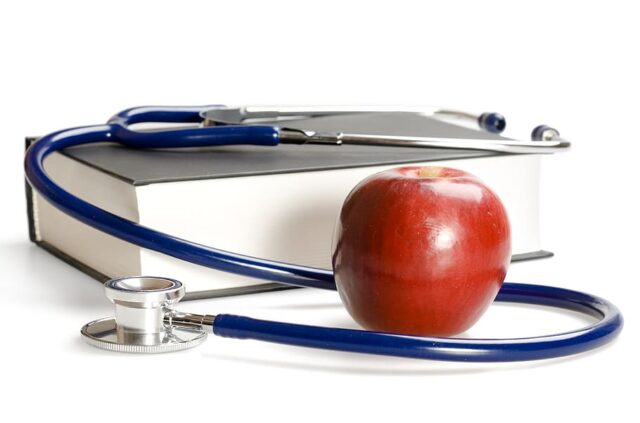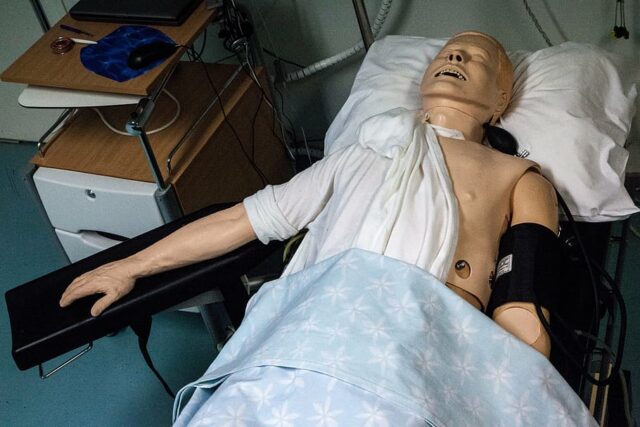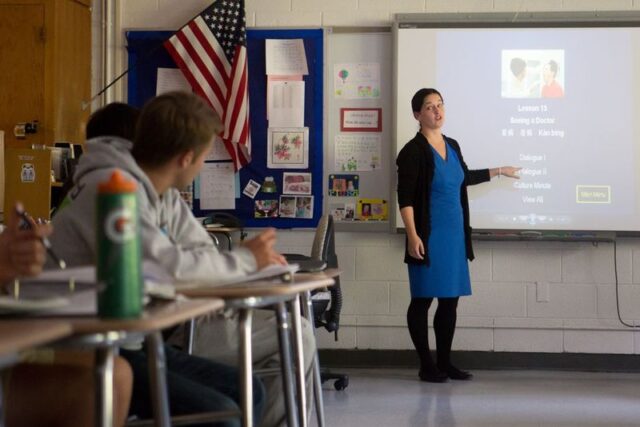
If you want to be a doctor, you face three major challenges with regard to medical school, which are gaining admission, keeping your mental health intact once you’re there, and successfully navigating your way to graduation. You may also need to look into getting a graduate student loan, and can compare rates from a reputable site like Credible. It’s true that some students drop out during the first year, but the good news is that the vast majority do not. Admissions departments have developed a talent for screening out prospective candidates who don’t have what it takes to succeed academically or emotionally.
You need a lot more than a fine mind to become a physician. Your post-college education will test your brain, in addition to your physical stamina, your emotional stability, and your determination to reach the finish line. Make no mistake, the med school admissions battle is won or lost in the preparatory phase, meaning those who know what to do before the first day of classes are the ones who end up with “MD” after their names.

Like marathon running, the contest is won or lost long before race day. Do you know what millions of doctors did to get from college graduation to “MD” without losing sight of their goals? Here are some of the best of the best suggestions you’ll hear from practicing physicians about how to prepare yourself for what is likely to be the most difficult years of your life.
Acquire Relevant Experience

For some future doctors, this is the single most educational part of their preparation. You can get experience in a number of ways. A common one is to shadow a working medical professional on their daily rounds. Ask at a local hospital and they’ll usually be able to set you up with a shadowing opportunity.
Another way to get some hospital time under your belt is through working as an emergency medical technician or as a certified nursing assistant. This type of commitment demonstrates to admissions boards that you are serious about your future career and know what the daily life is like in a healthcare facility. Finally, take any position in an emergency room or data entry department of a clinic or hospital. The point of it all is to gain exposure to the profession before filling out admission forms for school.
Apply for Private Student Loans

Tuition and related expenses on the way to becoming a doctor are a big part of the equation. Face it, specialty graduate programs are not cheap, which is why you should plan on taking out a private student loan from Earnest. Due to the rigorous academic demands of the four-year program, you’ll not want to worry about having to work. Staying focused on studies is of the utmost importance, so get your financial situation fully taken care of before classes begin.
The advantages of getting an education loan are many. For starters, you’ll be able to sleep at night without worrying where next semester’s tuition is coming from. Plus, you’ll not have to begin repaying the debt until you’ve graduated. And when you’re aiming to finance four full years of schooling, it’s nice to know you have access to reasonable, competitive interest rates, payback periods, and monthly payments. While filling out school applications, investigate student loans as well. Try to find a lender that suits your needs and understands what it takes to get through a grueling four-year course of study.
Select the Right Major in College

Grades are important, so it pays to choose a major in which you can do well. Don’t worry if it’s not related to the healthcare profession. Lots of prospective physician’s major in fields like history, engineering, business, literature, and other non-sciences. If you don’t major in a science, be sure to pick up the essential pre-med requirements as electives or summer courses. Check out this article on preparing for the Universal Clinical Aptitude Test required by most UK medical schools.
Put Volunteer Work on Your Resume
There are two ways to add volunteering or community service work to your college resume. You can spend summers helping out part-time at hometown charities like soup kitchens, homeless shelters, or rehab facilities.
A mare targeted strategy is to volunteer as a clinic intern, an assistant in a hospice, or with a local ambulance service. Even if you work full time during the summers during college, aim to donate at least 10 hours per week as an unpaid volunteer. The experience will make your resume stand out.
Applying, Studying, and Learning a Foreign Language

Want to stand head and shoulders above the competition? Here are three tactics that, combined, will cause admissions’ personnel to remember your name.
- Multiple applications: It’s fine to have a favorite, but consider applying to between three and five med programs. Competition is stiff, so if you choose just one institution that you have your heart set on, you might end up disappointed. You do yourself a favor when you take the time to fill out at least three applications.
- Foreign language ability: Few programs require a foreign language, but it helps your chances immensely if you can speak Spanish, French, Chinese, or Russian. The greatest need for healthcare professionals around the world happens to be in places where those languages are spoken. Adding a few semester hours of language study strengthens your academic attractiveness to those who make the decisions.
- Prep for the MCAT Now: It’s never too early to study for the MCAT. Purchase a review book or app and begin going over questions as soon as possible. Even if you aren’t knowledgeable in a particular area, do the questions anyway to get a feel for the depth of the material and to learn how to guess on multiple-choice questions.
Cramming, Relaxing, and Using Old Tests

If cramming got you through a four-year degree, you’ll need to break the habit, fast. If you don’t learn to spread out your studying, med school will be immensely difficult. The best students study the smart way and make detailed weekly schedules, and then stick to them.
Choose at least a half-day each week to relax and do no studying at all. Go to a movie, go out on the town, whatever you prefer. Finally, use test files of old exams as a way to get ready for upcoming tests. Professors rarely create completely new sets of questions. Plus, it’s a good way to review. Happily we are living in the era of technological improvements and internet, so all these things can be of a great help for student. Using help of online tools, such as writemyessay.today, is something which a lot of them do, in order to have balance between college and social life.






